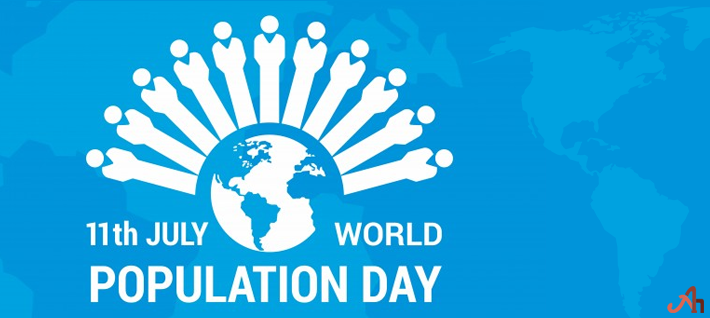Samuel Oyejola
As Nigeria joins the rest of the world to mark the World Population Day, Family planning has again been described as one of the key strategies to control the continuous population growth in the country.
Development Communications Network said this in a release made available to our correspondent to mark the 2018 United Nations World Population day with the theme, Family Planning is a Human Right.
The release noted that women youths and adolescents in Nigeria must be provided services that are accessible, available, and acceptable to prevent unplanned pregnancies most of which ends in procurement of unsafe abortion, one of the contributors to maternal deaths in the country.
Development Communications Network in the release also advised that Youth Friendly Centers dedicated to providing sexual and reproductive health services should be established to meet young people at their point of need rather than resorting to practices that endangers their lives.
“These should operate based on elements of full, free, and informed choice with citizens having access to information on all methods of contraceptives (temporary and permanent) and also have the right to make decision about what service to uptake without coercion and barriers.”
While noting that family planning is a wise investment for national development the organization pointed out that government at all levels should ensure the availability of family planning commodities and consumables in order to advance access to a major means of addressing the country’s population debacle.
“Government should realize that without contraceptive products there will not be a programme to save the lives of women, children and others who needs it. Government should be accountable for ensuring that the supply contraceptives products and consumables are available at the point of needs for every prospective user.”
It further advised that health workers should play key role in making reproductive and sexual health service available to those who need it.

